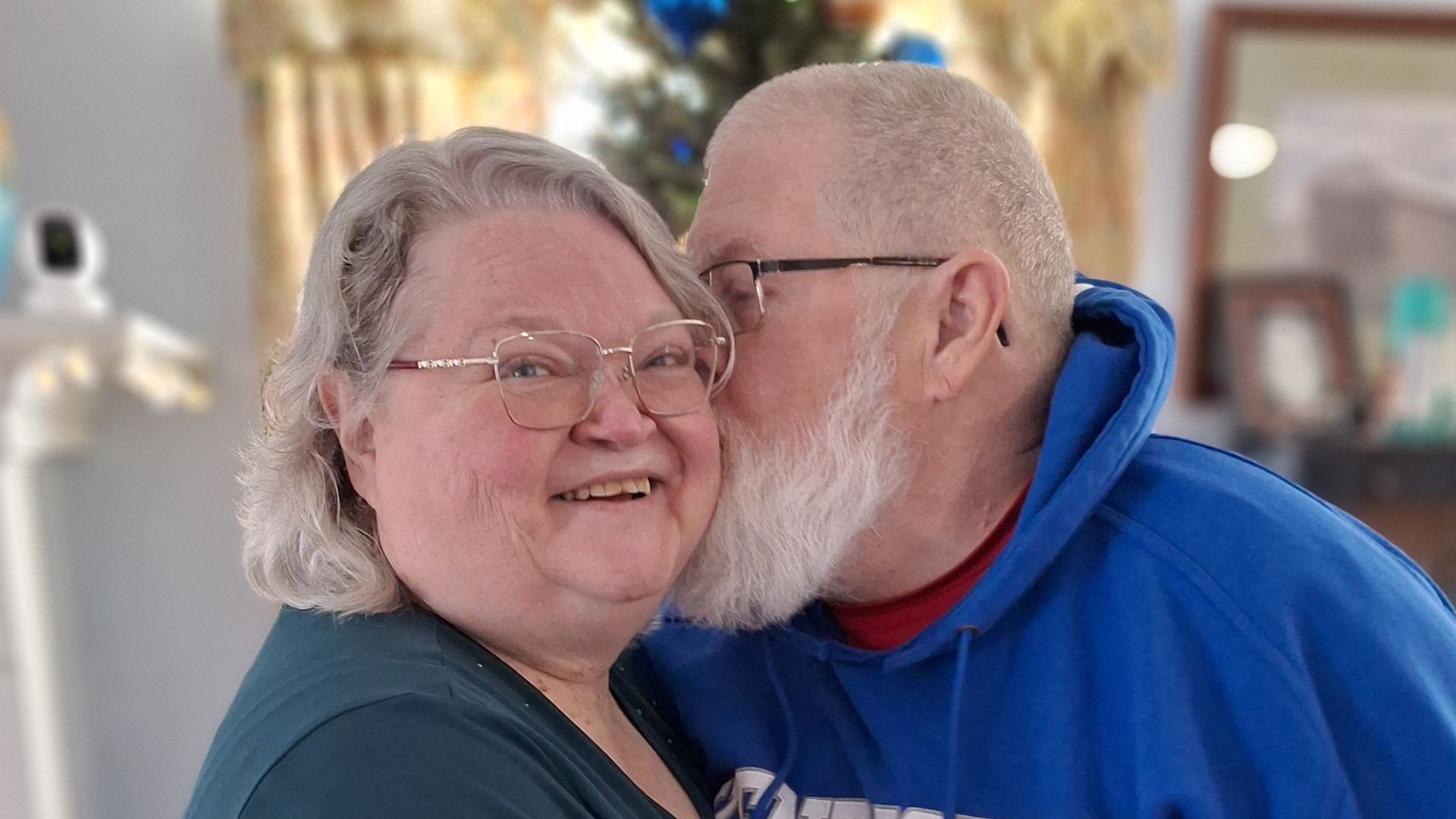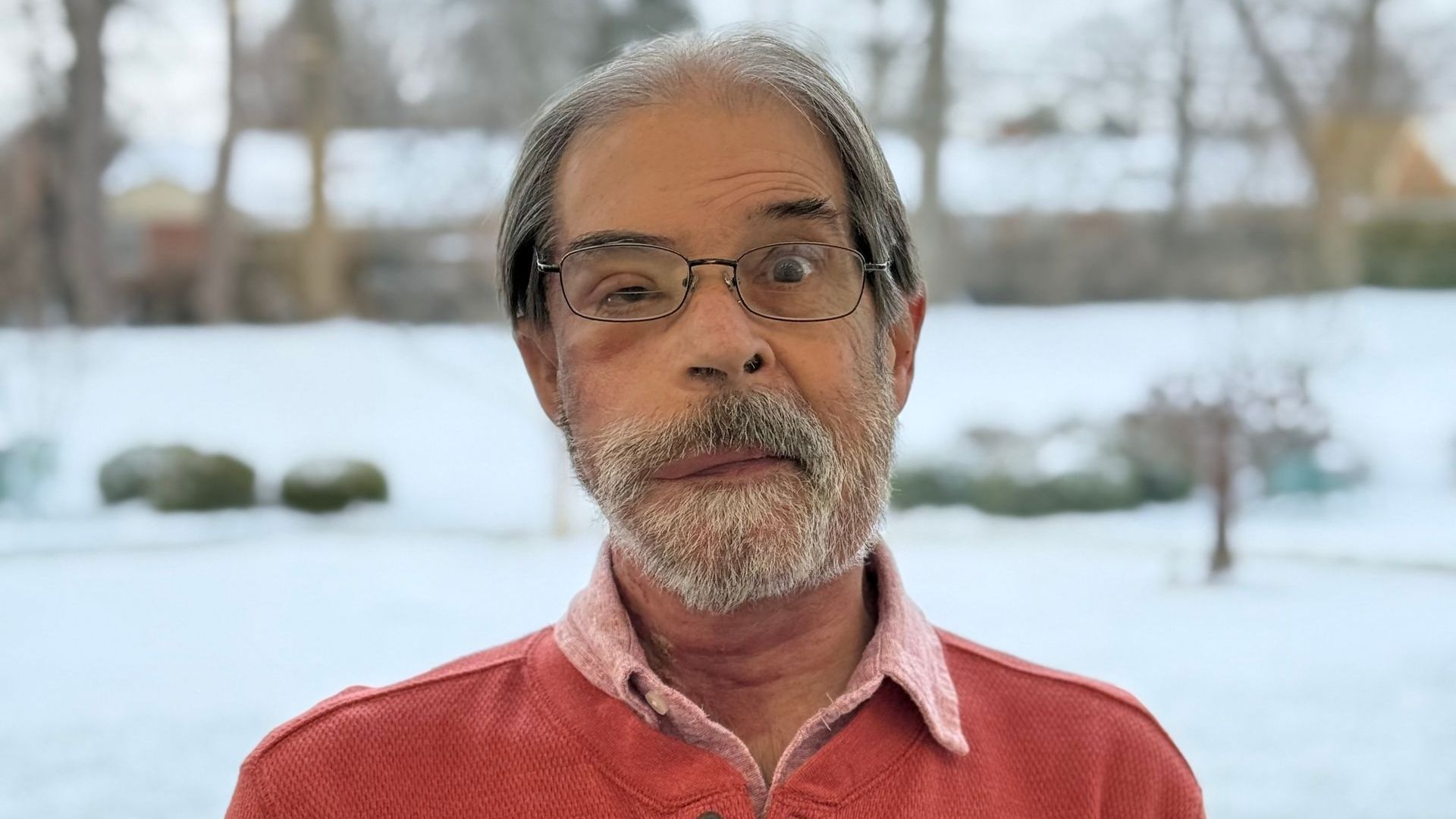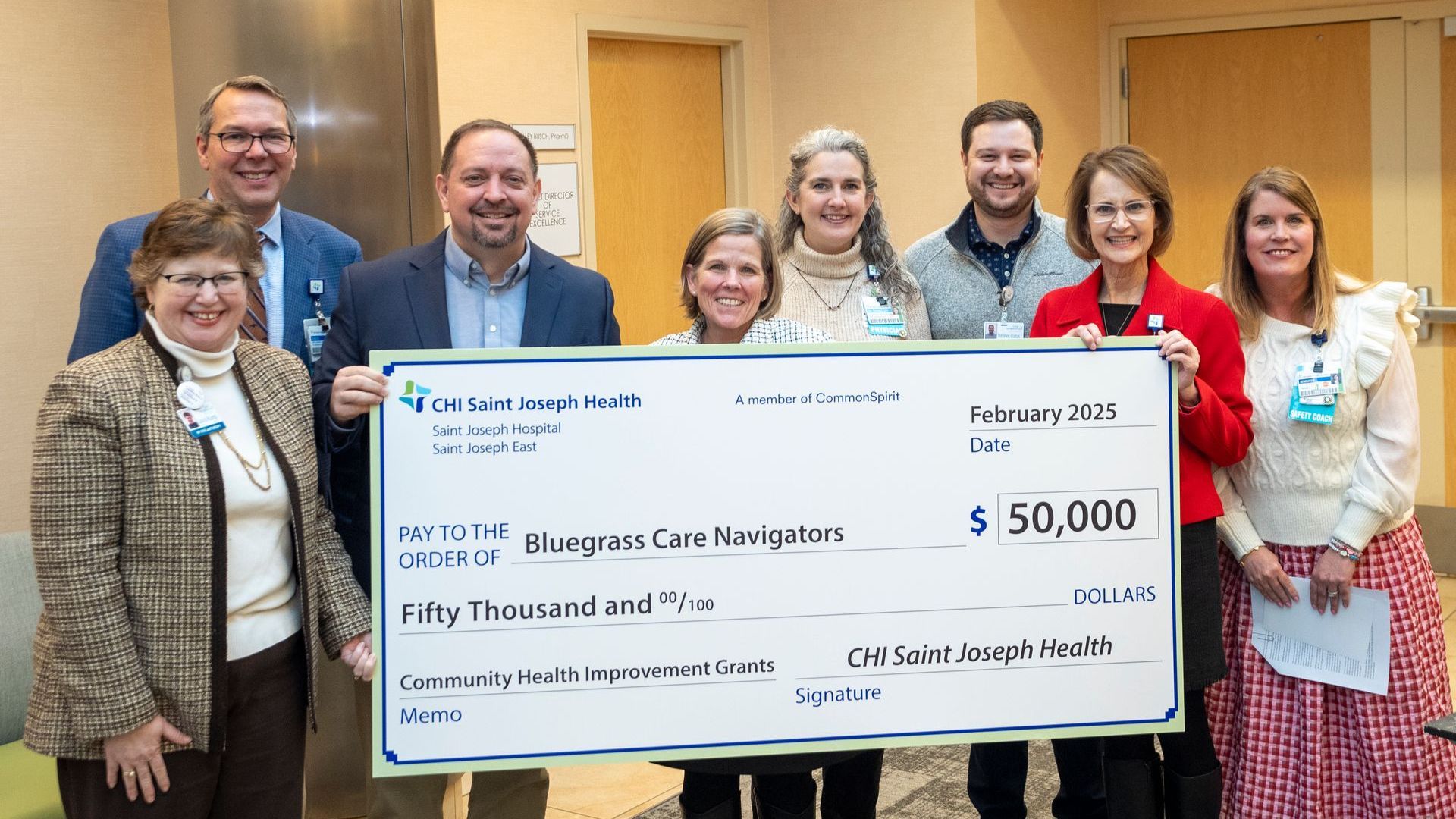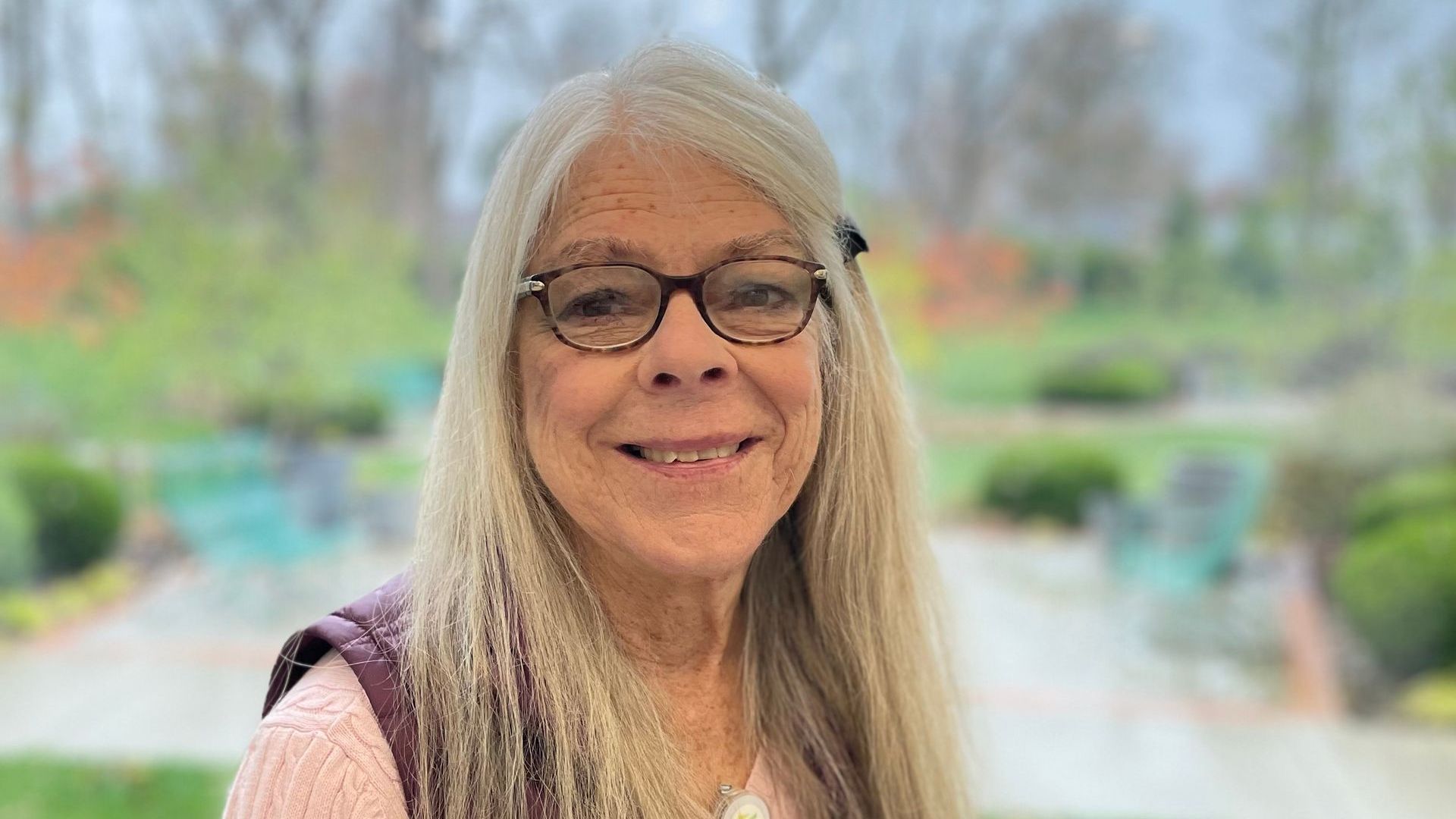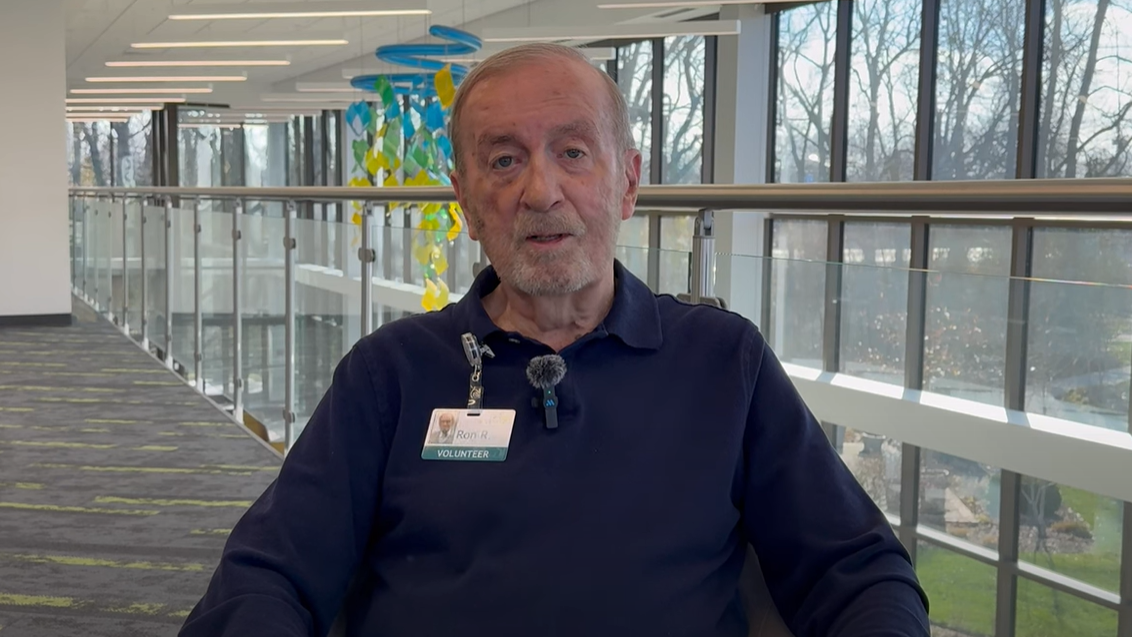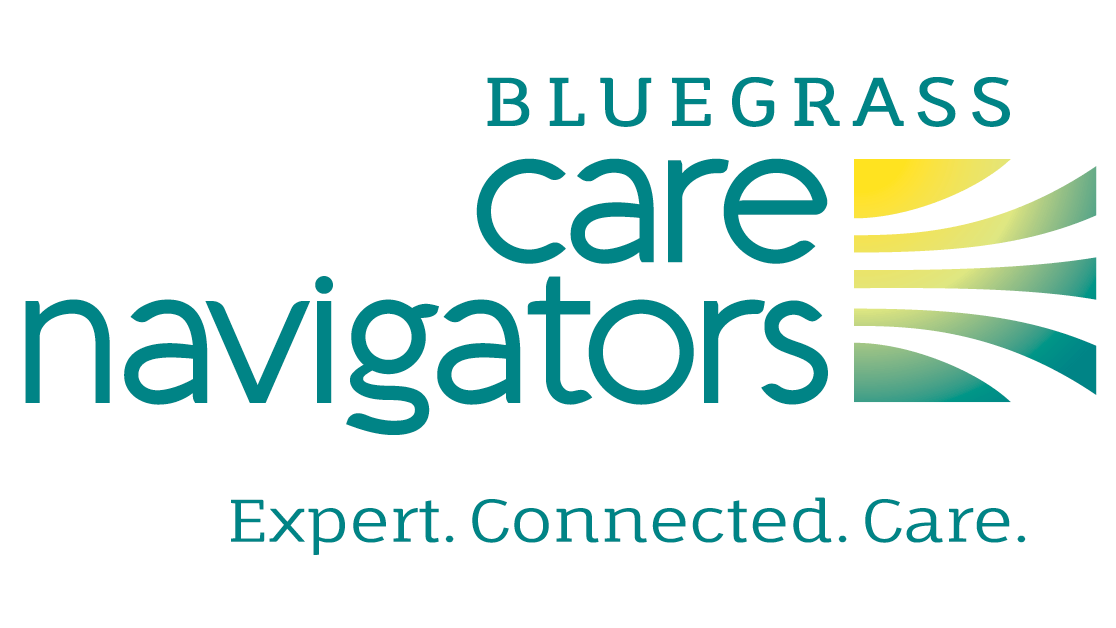A Moment of Clarity
Music therapy unlocks beautiful memory for dementia patient.
I often receive music therapy referrals for patients who are experiencing advanced dementia. It is never a certainty that music will be effective in breaking them out of the “shell” that so often forms as a person reaches the last stages of the disease. However, when music is effective, it is usually very effective.
I saw a new patient recently who was referred for increased confusion, restlessness and anxiety due to the progression of her dementia. On the day that I arrived for my assessment, she was wandering in the dining room of her locked memory unit, ignoring the staff calling to her to sit and muttering to herself. With some gentle encouragement from myself and another staff member, we were able to assist her in sitting down for a music therapy assessment. She did not respond to my greeting or my offer of music. She did not make eye contact with me but kept her gaze down and her posture withdrawn. As I pulled out my guitar, she began to show some interest, but still avoided turning in my direction or looking at me. As I began to play and sing, however, a transformation occurred. Slowly, the patient started to smile. First to herself, with her head still bowed, and then to me, in quick, laughing glances. As the session progressed, her uncertainty melted away and her engagement increased. She began making direct eye contact with me, laughing and smiling.
When I paused to share a quiet moment with her and ask her how she liked the music, she started to hum. “Do you know that tune?” she asked me quietly. I recognized it as a song I had just finished playing. I played it again and we sang together. Suddenly, I saw everything click into place for the patient. “I remember my mother,” she said. “Presents at Christmas. And songs.” I played a Christmas song, and she sang along with me. Then another. As I wrapped up my visit, she smiled at me. “Beautiful,” she said. I wasn’t sure if she was talking about the memory, the music or the moment we had shared together, but I hope it was all three.
Dementia is a difficult diagnosis. While our session cannot eliminate this patient’s anxiety or confusion, seeing music therapy unlock memories and provide a moment of clarity to this patient and others, who are so often locked in their own minds due to their disease, is one of the best parts of my job. I’m so glad I had the opportunity to connect with this woman and give her back a beautiful memory.
